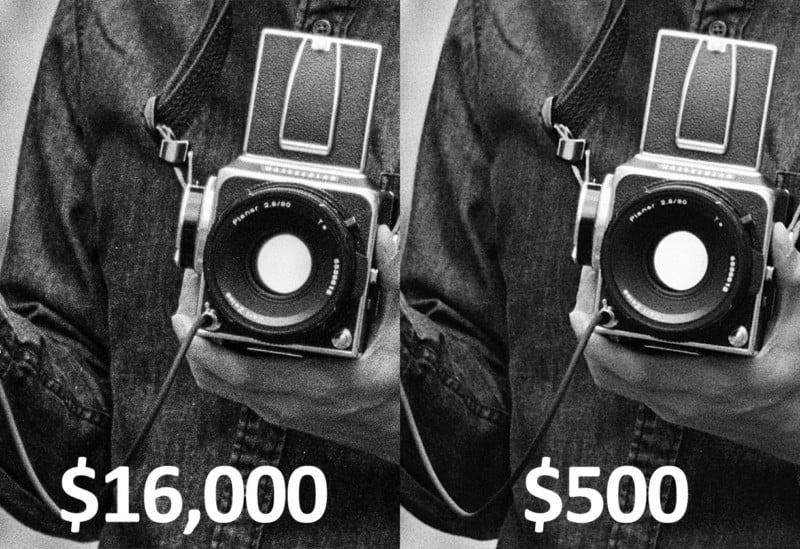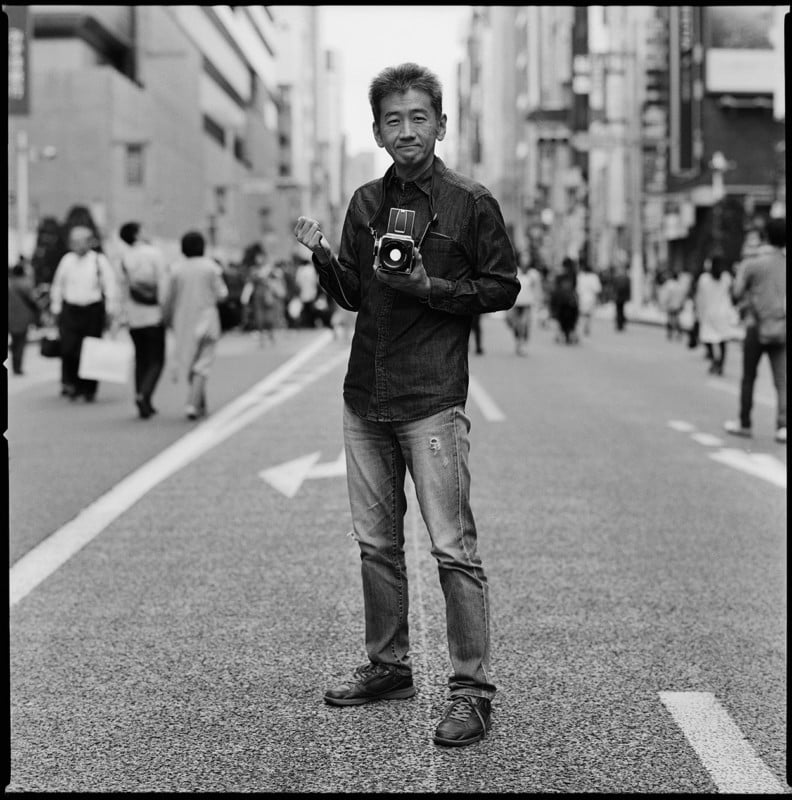The V800 and V850 are very competent scanners, I strongly recommend you acquire one for that job.
As you are to scan transparencies take the V850 as it includes Silverfast Multiexposure feature that it is very interesting for very deep shadows in the tranparencies
http://www.silverfast.com/highlights...posure/en.html
If you take the V800 you may purchase separately a software upgrade to have the Multi-Exposure.
For 4x5 and 120 the V850 will deliver lots of image quality that may exceed what you need or what film had recorded.
For 35mm I would recommend a dedicated 35mm roll film scanner perhaps a Plustek, the 35mm 8x00 series is cheaper than the 120 that makes MF.
As the format is larger you need less optical performance, first because a large format scan have lots of image quality even at lower dpi, and secondly because small format lenses have more optical performance and in some cases (tripod used, sharp film and ideal aperture) a higher optical dpi performance makes a diference, also in smaller formats grain structure can be much important in the aesthetics, so a higher optical resolution make also make a difference because that.
It can happen that you find some transparencies with very deep shadows, it the image is worth and the very deep shadows are important in that image then you may use a drum scanner service for that specialized job. I know a good photographer that had a V750 and a top notch drum, he used the drum for 5% of the images, and he said that half of those times it was not clear if it was worth.
If you had a scanning business the V850 it would not be the ideal flatbed, for the same reason a restaurant won't normally use the same microwave oven than the one I've have at home, but I would cook the same if having one or the other. Also V850 for personal usage spares a budget that can de used for drum service for the few cases a flatbed comes short.
Other flatbeds may not be in production, can have repair service problems and may lack drivers for modern operative systems. With the V850 you have 1 year warranty, official service and drivers for Windows 10.
Another thing is that V850 optimizes less the digital result so a bit of sharpening and curve trim is always effective in Photoshop, while some Pro flatbeds tend to be more intelligent, digitally cooking a bit the image to its best, but presonally I pefer a very raw scan, and perhaps I would apply a different sharpening strategy for the eyes than for the cheek in a portrait.
In short, I don't know a better choice than the V850 in the new gear market, in a budget, used pre-press gear is risky, and you may complement with a 35mm dedicated Plustek.
Another choice is buying a Hasselbald X1 and selling it when you finish, this is the luxurious way.
You can read this:
https://petapixel.com/2017/05/01/160...s-500-scanner/






 Reply With Quote
Reply With Quote



Bookmarks